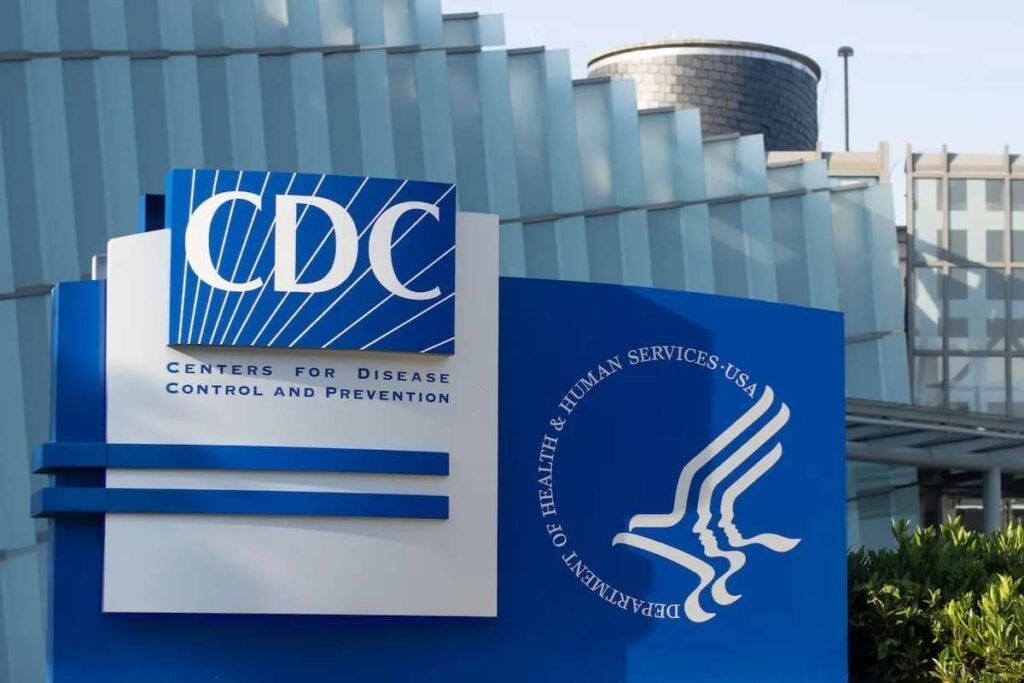The Centers for Disease Control and Prevention (CDC) has established a newly structured COVID-19 Immunization Workgroup tasked with reassessing vaccination policies in light of evolving evidence on safety, effectiveness, and long-term health outcomes. The group will play a central role in shaping recommendations from the CDC’s Advisory Committee on Immunization Practices (ACIP).
The effort reflects a broader federal push to incorporate the latest scientific data into national vaccine guidance as the pandemic enters a new phase marked by changing variants, updated vaccines, and ongoing research on long-term impacts.
Expanded Scope of Scientific Review
Under its revised terms of reference, the COVID-19 Immunization Workgroup will examine a wide range of scientific questions related to COVID-19 vaccines. These include assessments of vaccine effectiveness against emerging variants, durability of immune protection, and the persistence of vaccine components such as mRNA and lipid nanoparticles.
The group will also review available data on potential adverse events, including cardiovascular, thrombotic, neurological, and immunological outcomes. Additional areas of study include the safety of COVID-19 immunization during pregnancy and impacts on vulnerable populations.
The CDC emphasized that findings from these reviews will help ensure that recommendations remain current, evidence-based, and responsive to new data. The workgroup will also identify gaps in existing scientific knowledge, guiding future research priorities.
Collaboration Across Federal Agencies
The COVID-19 Immunization Workgroup is expected to coordinate with other federal health and research agencies to support its analyses. Areas of collaboration include monitoring post-vaccination health outcomes, analyzing large-scale epidemiological data, and conducting laboratory studies on immune response.
The group will also draw upon ongoing clinical and real-world studies evaluating both the benefits and risks of COVID-19 vaccines. By integrating diverse streams of scientific evidence, the CDC aims to maintain a comprehensive picture of vaccine performance and safety over time.
Data-Driven Approach to Policy Updates
A key function of the workgroup will be to provide ACIP with data necessary to revise, update, or reaffirm immunization recommendations. This process may include adjustments to vaccination schedules, guidance for specific age groups or medical conditions, and evaluation of booster strategies.
According to HHS officials, the workgroup will prioritize transparency, open deliberation, and scientific rigor in its operations. Recommendations will continue to be based on a combination of clinical trial results, real-world effectiveness data, and post-authorization safety monitoring.
The workgroup’s analyses are expected to contribute to future updates of ACIP’s formal guidelines, which inform national vaccination policies and clinical practice across the United States.
Building the Next Phase of Vaccine Policy
Since the introduction of COVID-19 Immunization Workgroup in late 2020, ACIP has regularly updated its recommendations to account for new evidence. Early decisions focused on prioritizing high-risk groups, followed by guidance on booster doses and updated vaccines targeting specific variants.
The newly established workgroup represents the next stage in this process, shifting emphasis toward long-term monitoring and comprehensive evaluation of safety and effectiveness. With COVID-19 transitioning into an endemic phase, the group’s findings are expected to inform decisions not only for current vaccines but also for future immunization strategies.
As research on COVID-19 Immunization Workgroup continues worldwide, the CDC’s workgroup will serve as a central forum for integrating findings into U.S. health policy. Its reviews will help determine how vaccines are recommended, which populations may benefit most, and what safety considerations require ongoing attention.
By systematically examining data on vaccine performance and safety, the CDC aims to ensure that its immunization policies remain aligned with the latest scientific evidence, supporting both public health goals and individual decision-making.
Also Read :- FDA Approves Updated COVID-19 Vaccines from Pfizer, Moderna, and Novavax for 2025-2026 Season









